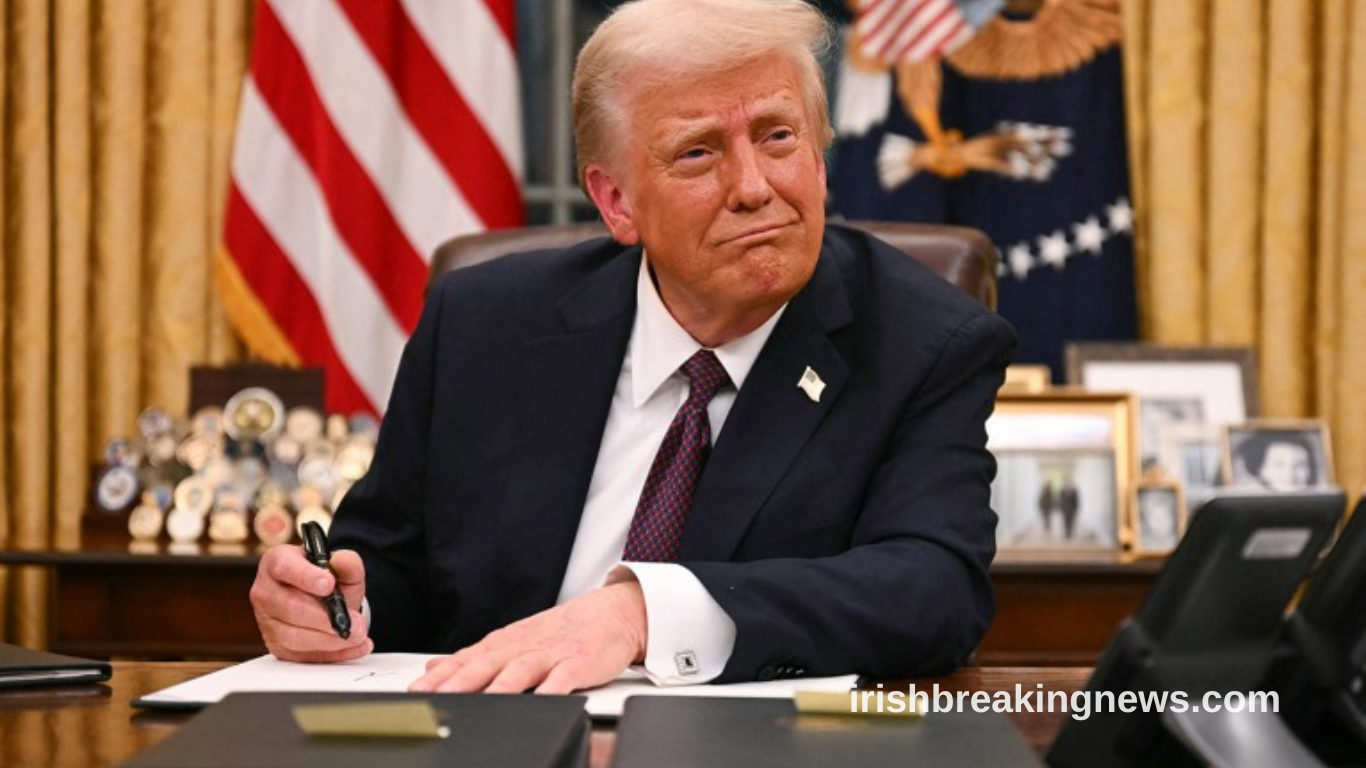President Donald Trump has been engaged in a high-profile legal battle targeting several elite law firms, accusing them of bias and unfair practices. This campaign represents a broader effort to challenge established legal institutions perceived as adversaries. Despite aggressive tactics and public statements, Trump’s legal push has faced considerable resistance in courts.
Recent rulings have further weakened his position, signaling challenges in changing the dynamics of powerful legal networks. The ongoing court decisions highlight complexities within the judicial system and the difficulties faced by public figures in altering entrenched legal practices.
Read More : Judges Weigh Taking Control of Their Own Security Amid Threats
This article explores the latest court ruling against Trump’s campaign, outlines the implications for elite law firms, and examines what this means for future legal conflicts involving high-profile figures. Understanding these developments provides insight into the intersection of law, politics, and public perception.
Court Rulings Reinforce Elite Law Firms’ Standing
- Background of Trump’s Legal Campaign
- Initiated claims of bias against specific law firms representing opposition parties
- Alleged conspiracies undermining fair legal proceedings
- Utilized aggressive legal motions and public rhetoric to pressure firms
Recent Court Decision Details
The latest court ruling rejected motions filed by Trump’s legal team to disqualify or sanction elite law firms. Judges found insufficient evidence to support claims of misconduct or unfair practices. This judgment reflects courts’ tendency to uphold the integrity of established law firms when accusations lack clear proof.
Impact on Trump’s Legal Strategy
- Limits the ability to intimidate opposing legal teams through disqualification efforts
- Demonstrates courts’ commitment to impartiality and due process
- Forces reassessment of legal tactics to address substantive case matters
- Reasons Behind Courts’ Resistance to Trump’s Claims
Importance of Preserving Legal Professionalism
Judicial decisions emphasize the need to protect law firms from frivolous allegations that could disrupt justice. Courts strive to maintain professionalism standards and ensure fair representation for all parties involved.
Lack of Concrete Evidence Presented
Despite public assertions, Trump’s campaign has struggled to provide compelling evidence to support allegations. Courts require detailed proof to consider sanctions or disqualifications which have not been demonstrated effectively.
Protection of Legal Ethics and Independence
- Safeguards against undue influence on legal practices
- Reinforces ethical boundaries law firms must follow
- Prevents politicization of legal disputes through unfounded attacks
- Consequences for Elite Law Firms and Legal Landscape
Strengthening Confidence in Established Firms
The rulings affirm elite firms’ roles as key players in high-stakes legal battles. Their ability to withstand challenges bolsters trust in their expertise and independence.
Implications for High-Profile Legal Conflicts
Future litigants may find it harder to discredit legal opponents using unsubstantiated claims. This precedent discourages attempts to use courts for strategic legal harassment.
Influence on Public Perception and Media Coverage
- Highlights judicial scrutiny of political interference in law
- Shapes narrative around fairness in legal disputes involving public figures
- Encourages balanced media reporting on complex legal processes
Frequently Asked Questions
What triggered Trump’s campaign against elite law firms?
Trump’s campaign emerged from frustrations with law firms representing his legal adversaries, accusing them of bias and unfair tactics in ongoing cases.
Which law firms were targeted?
Several prominent firms known for representing Democratic politicians and entities related to Trump’s legal challenges became primary targets.
What legal grounds did Trump’s team cite?
Claims focused on alleged conflicts of interest, misconduct, and bias designed to undermine Trump’s defense and case outcomes.
How did courts respond to these claims?
Courts rejected motions due to insufficient evidence and reaffirmed the independence and professionalism of the law firms involved.
What impact does this have on Trump’s broader legal battles?
The rulings restrict the use of legal maneuvers aimed at disqualifying opposition counsel, focusing efforts more on substantive case issues.
Can other public figures adopt similar tactics?
While possible, recent rulings set a precedent discouraging baseless attempts to challenge elite law firms without strong evidence.
How do these rulings affect the reputation of elite law firms?
They enhance the perception of these firms as resilient and credible institutions within the legal system.
What does this mean for the judicial system?
It demonstrates judicial commitment to fairness, independence, and resistance against politicized legal attacks.
Conclusion
Trump’s ongoing campaign targeting elite law firms has encountered significant legal setbacks. Courts continue to uphold the integrity and independence of prominent legal institutions, dismissing unsubstantiated claims. These rulings reinforce the principles of fairness and professionalism in the legal landscape, influencing future high-profile disputes.

